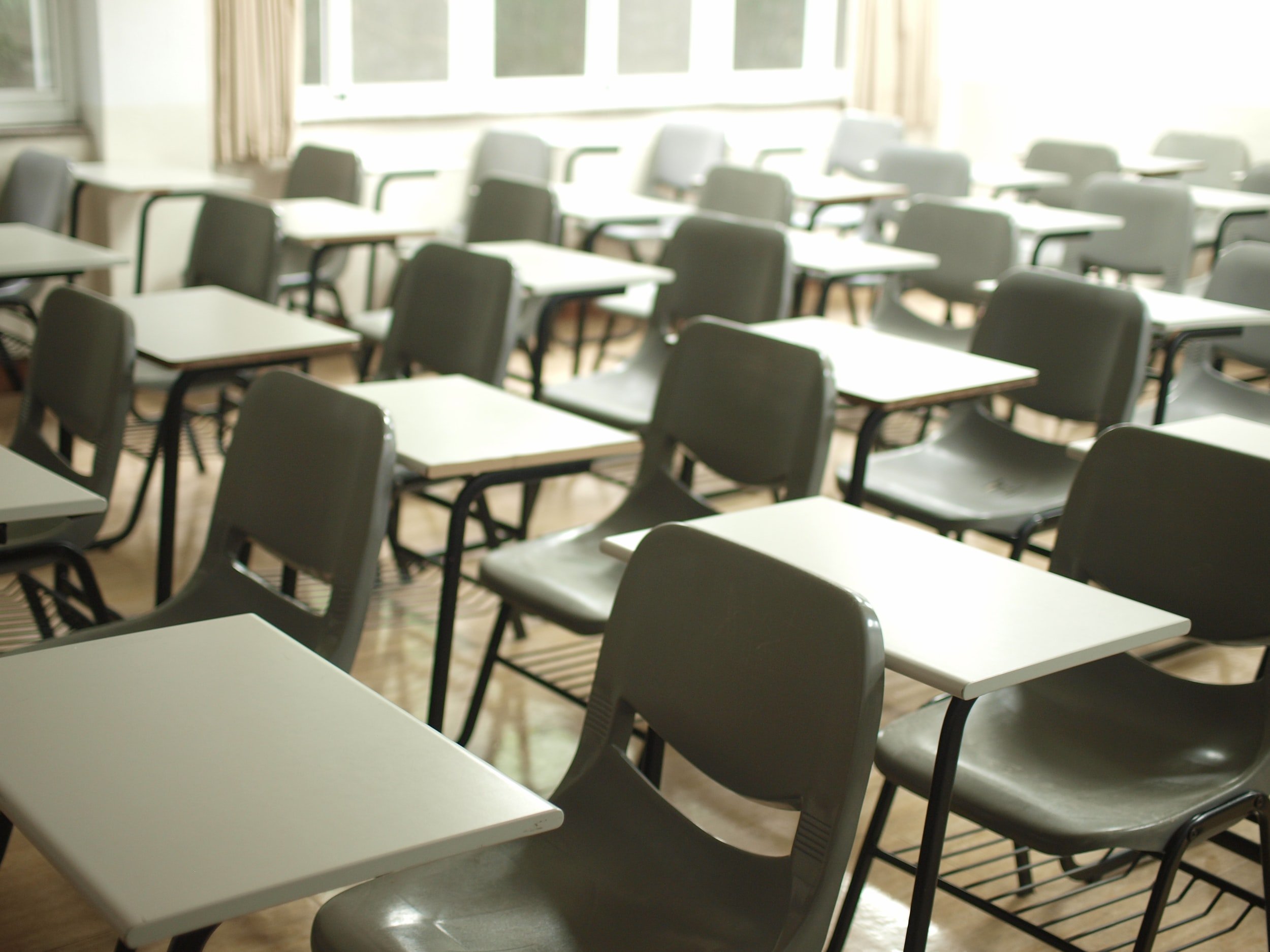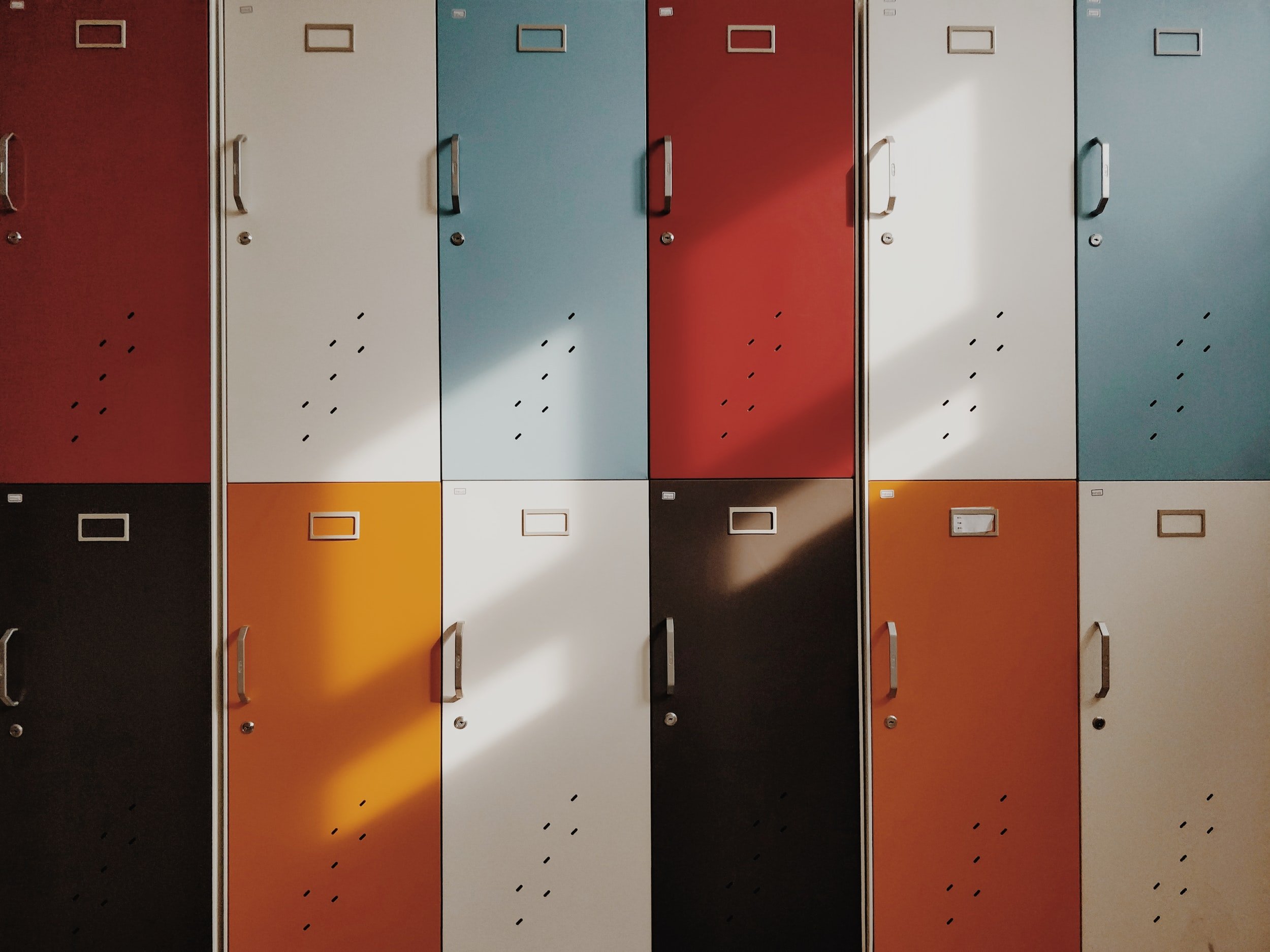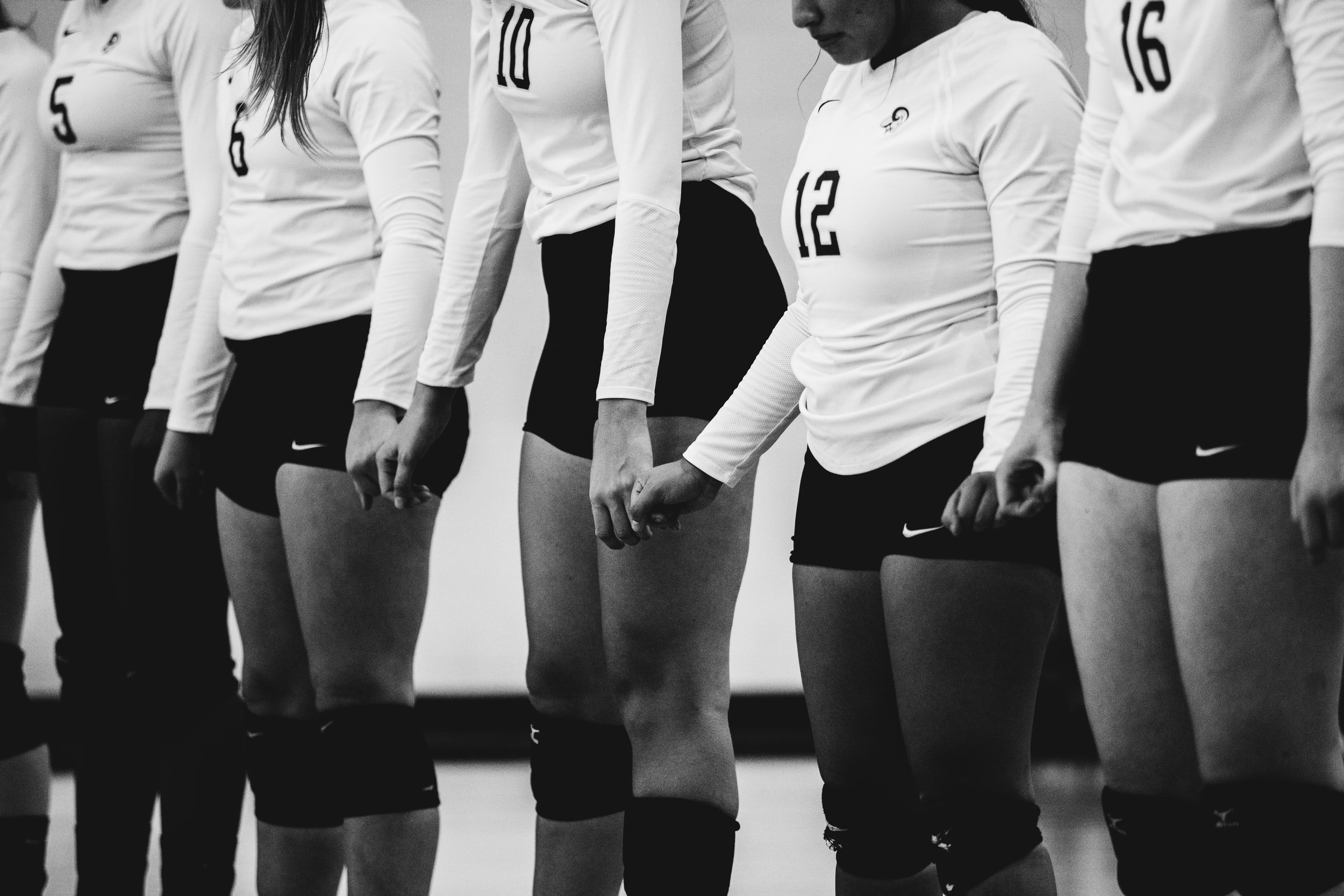8 Questions Every Parent Should Ask On A Tour
Taking a school tour is undoubtedly the best way for parents to determine if it is the right fit for their child. And yet, after years of giving tours to prospective families, I’ve found that they are both under-valued and underutilized. Think about it, as parents you have an opportunity to interact with administration, teachers, and students all in one visit. Many school tours also include at least one classroom observation, where you get to see a school’s curriculum and classroom management in action.
In my experience, parents can tell a lot about a school from just a few simple questions. I’ve compiled a list here of essential questions to ask on a tour - they are also some of my favorites to answer.
#1 What does a typical day look like? How does a student spend their time each day?
This question helps to gauge a school’s priorities. When I first started this job, I was surprised to hear the variety of different answers to this question. I wrongly assumed that most schools divvy up classroom time the same way that my school did when I was growing up. As it happens, a lot has changed since then! Some schools offer either Physical Education or Recess - or they rotate them by day. Other schools choose between music or art each quarter. Do students spend time each day on core subjects like math, literature, and history? What parts of the day are non-academic times?
Most classical schools you run into will prioritize well-rounded academics. Meaning that students will have exposure to music and art multiple times per week and have plenty of opportunity for physical activity - especially for younger students.
#2 What are the seating arrangements in the classroom? Why?
When you walk into a classroom, what do you notice? Are the desks in pods or rows? Is this a classroom that promotes choice seating or traditional desks and chairs? Once you have an idea of what the classroom looks like, ask your tour guide why the school has chosen that particular arrangement.
Classical schools generally go for a similar approach: traditional desks in rows facing forward to the front. Under this setup, teachers can see hands, feet, and faces at all times. They can walk up and down the rows to check student progress, and lead the class in lively, engaging discussions.
You can read more about my thoughts on classroom set up in the article Why I Hate Acronyms: A Visitor’s Guide to Classroom Decor
#3 Do you invite parents into the school at all?
This question will vary between schools and tells you a lot about a school’s transparency and willingness to partner with parents. I would recommend inquiring into the volunteer opportunities at the school. Are there daily or weekly opportunities?
Find out if the school invites parents to observe teachers and what that process looks like. At Golden View, for example, we allow parents to come for up to one hour per day and observe any class they would like. All we ask is that they keep their phones off while in the classroom, that they check in at the front desk when they arrive, and that they fill out a brief feedback form when they leave. Observing teachers at a school is the best way to know what’s happening in the classrooms and what students are learning.
#4 What is your school’s philosophy on homework?
Note that this question is different from “how much homework do students have?” - though that’s a reasonable question too. I would encourage you to examine your own ideas on this subject. There are some schools that assign virtually no homework and some that assign quite a bit. The reason this question specifically addresses “philosophy” rather than “amount” is because finding out the philosophy can tell you if a school values balance for students.
#5 How do you honor or recognize the students at your school?
Whether or not a school actually follows through on what they claim to prioritize is important. What I mean by that is if a school claims character formation as a top priority, but they do very little to recognize or honor it - that should be a red flag.
It should be an even bigger red flag if that school spends a fair amount of time and energy recognizing academic achievement. Of course, it’s not bad to recognize academic achievement. Students work hard for their grades, and doing their best is important. As a family, though, you should decide exactly how important each honor is to you.
Classical schools tend to put character-related awards at the top of the list - and for good reason. A stated mission of classical education is to shape the hearts of students in addition to their minds. How can we do that without intentional discussion and recognition of key character traits?
#6 How do you handle discipline?
Kids mess up. It’s a fact of life, and even the best-behaved ones will occasionally slip up and make a mistake. It’s important to find out how different situations will be handled. Now, that doesn’t mean you need to know the differences in every possible scenario, but it does mean you need to know how the issue of discipline is approached and the attitude of the administration. Some schools opt for a very prescriptive route. Meaning that each type of offense is given a level and each level has a corresponding punishment.
Many classical schools will aim to handle discipline on a case-by-case basis, recognizing that what is effective for one student might not be effective for another. The aim is to begin in conversation and empower students to make the correct choice in the future.
#7 What curriculum does your school use? What are some examples of content covered in different subjects?
This question is one of the most important. At the end of the day, you’re touring a school where learning is the objective. I can’t tell you how many conversations I’ve had with baffled parents since remote learning swept through the country in 2020. After being given a front-row seat to their school’s curriculum, they are deeply concerned with both the often-lacking content and subject matter covered in the classroom. It simply is not up to their standard. One of the best things you can do is get specific answers to content-related questions. What is the sequence in history? What kinds of books do students study in literature? How much time per day do students spend on math? Answers to these questions will help you gauge the amount and quality of content your students are taking in daily.
#8 What is the end goal for your students? What do you want for them when they leave?
This question often takes a tour guide by surprise as it’s not one they are typically used to receiving. Nonetheless, I think it is a question that every school should have an answer to. When I’ve asked, I’ve heard everything from “to be ready for college” to “to be a nice person.” These aren’t unworthy goals for students in the least, but the fact that the answer stops there tells me a lot about the school.
Classical schools aim for more. They want students to leave school able to answer the question that matters most: How should I live?
Feel free to come on a tour with me, or check out this past post summarizing the basics of classical education.










